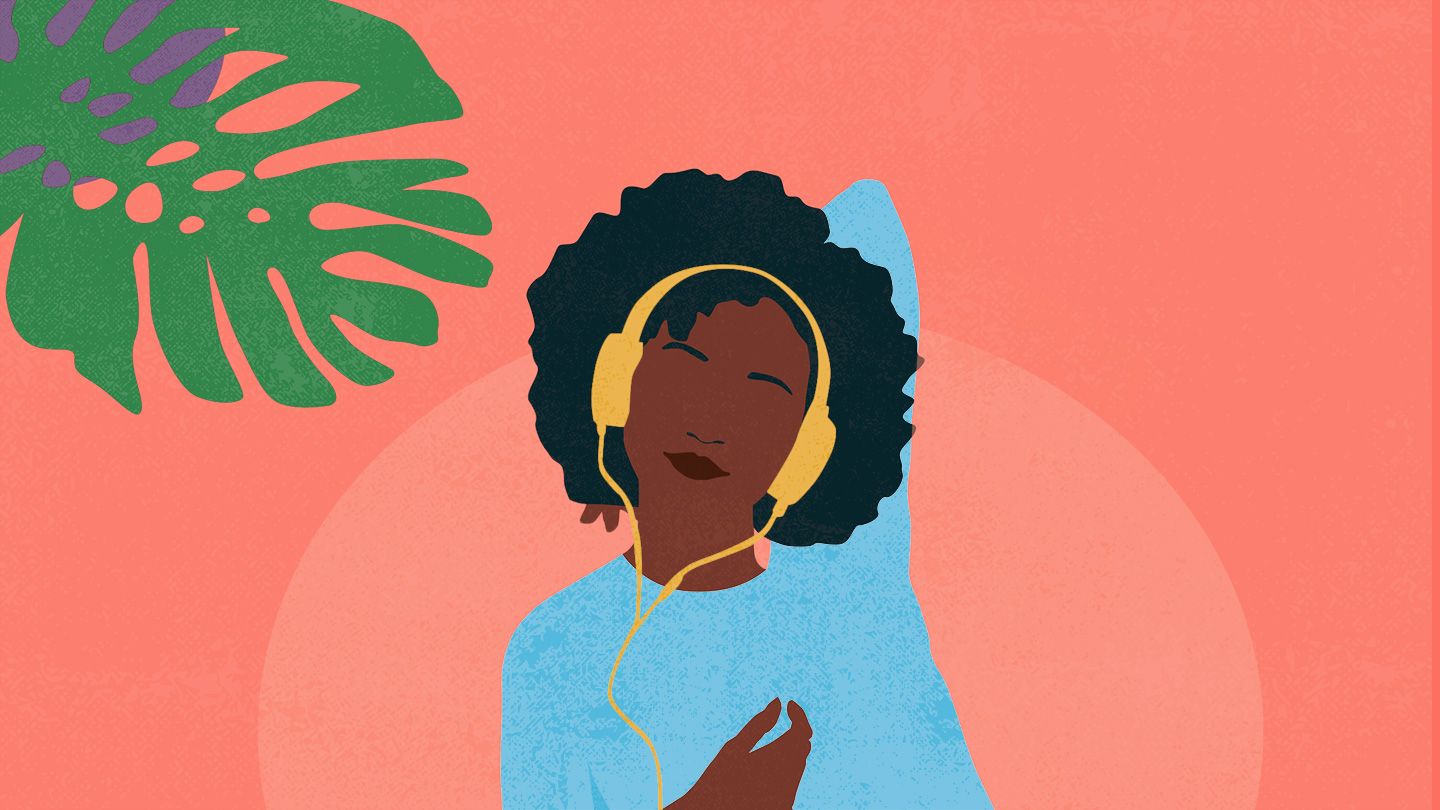
For centuries, the human race has been harnessing the power of music to evoke emotions and influence the mood. Now, this age-old practice has evolved into a therapeutic technique. To unlock the full potential of music therapy, let’s explore its concept, benefits, processes, and potential future applications.
Unveiling Music Therapy: Definition and Process
By definition, music therapy derives its essence from the therapeutic use of music to address physical, psychological, cognitive, and social needs of individuals. Please enable javascript in your browser to optimize your learning experience about this beautiful therapeutic intervention.
Key Components of Music Therapy
A music therapist can help people of all ages through a series of dynamic sessions. In this method, the therapist uses several unique elements to address the patient’s needs. The use of music in therapy may involve listening to music or making music, either through singing or playing an instrument, an integral part of the process.
Potential Benefits and Risks of Music Therapy
The impact of music therapy reaches far beyond the session, with numerous potential benefits. However, it’s important to remember that like any therapeutic approach, music therapy has potential risks that must be considered. Music therapy may help improve quality of life, but it is not intended to replace medical advice.
Understanding the Impact of Music Therapy on Health
Research has shown that music can help reduce stress and control heart rate and blood pressure. The benefits of music therapy extend to both physical health and mental health. For instance, in the physical realm, it has been found that music therapy may help alleviate pain and anxiety.
Essential Details About the Music Therapy Procedure
The music therapy process is tailored to each individual’s needs. Different types of music are used in sessions, including classical music, popular music, and even patient’s specific choices. This type of music may be used for active participation (such as playing an instrument) or passive music listening. Moreover, the quality of life can be improved with the consistent practice of this therapy.
What to Expect During and After a Music Therapy Session
During a music therapy session, the therapist may encourage you to listen to music, play instruments, write songs, or discuss the feelings and thoughts evoked by the music. It has been found that music therapy music therapy can impact physical and mental wellness.
The Role of Music Therapy in Mental Health Improvement
Using music therapy, therapists could potentially address various mental health issues. The Impact of Music on Mental Health: Therapeutic Sounds has shown promising results. Specifically, it may help people deal with stress, depression, and anxiety.
How Music Therapy Influences Mental Wellness
By listening to or making music, individuals can express their feelings more freely and safely. In addition, music can instigate a relaxation response, which helps to reduce stress and anxiety. Thus, music therapy enhances overall mental wellness.

The Power of Music: Therapeutic Tools and Techniques
In addition to improving quality of life, music therapy techniques can also stimulate cognitive abilities, making them essential healthcare tools. Each music therapist uses a unique combination of techniques that best suit the patient’s needs.
Approaches Used in Music Therapy for Enhanced Benefits
Approaches used in music therapy span from music improvisation to utilizing pre-composed songs. The therapy may also engage the patient in creating their musical pieces, thereby enhancing their connection with the music and developing cognitive skills in the process.
The Future of Music Therapy: Outlook and Predictions
While the field of music therapy is growing in popularity and recognition, its future looks promising. With increased research and emphasis on the benefits of this therapy, we can expect it to become an integral part of healthcare management in the coming years.
Realities of Music Therapy: What Research Shows and What Lies Ahead
The rapidly increasing body of research has illuminated our understanding of the impact of music therapy on health. Studies suggest that the power of music to evoke and manipulate emotions can indeed be harnessed for healing purposes, indicating a promising future for this treatment approach.
When to Consider Music Therapy
Music therapy benefits people of all ages. It’s a versatile therapeutic option to consider when existing treatments are not enough, or if additional support is needed for physical or mental health concerns.
Signs That You Might Need Music Therapy
Feeling overwhelmed, anxious, or struggling with emotional expression are all signs that you might benefit from music therapy. When in doubt, consult certified music therapists or reach out to your healthcare providers for advice.
We encourage you to contact us for more information about how music therapy music therapy can help deal with your specific needs and enhance your quality of life.





